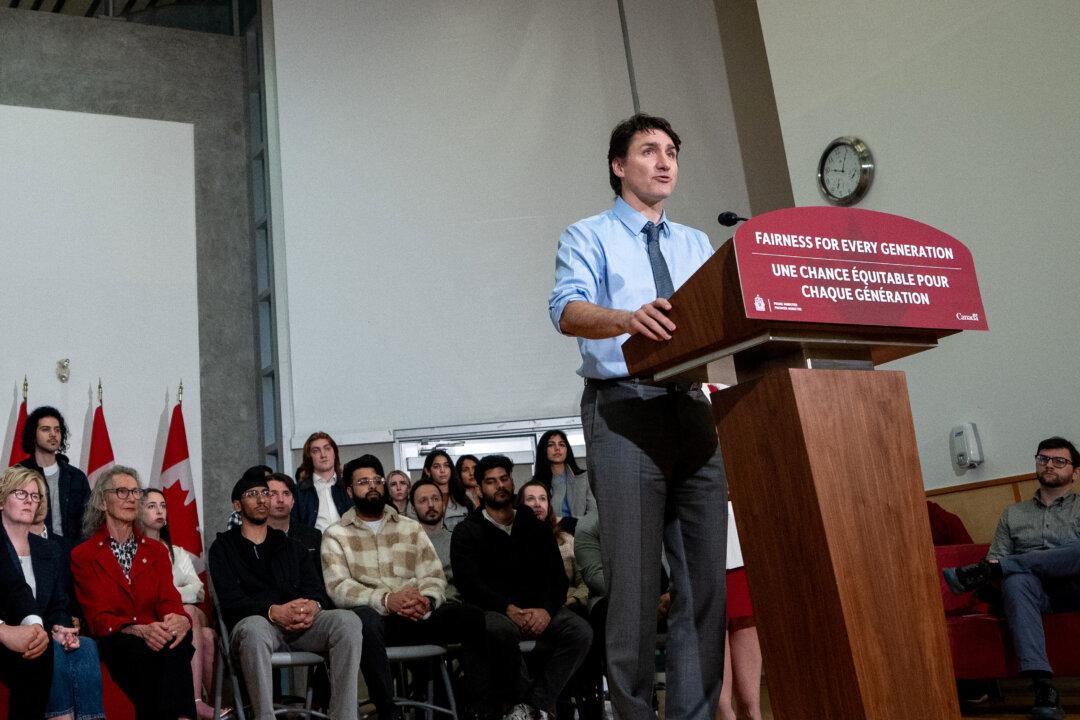Commentary
Canada’s skyrocketing cost of living has been an issue plaguing the Liberal government. Few things undercut support for a government more than citizens having trouble making ends meet, whether the government is responsible for it or not.

Canada’s skyrocketing cost of living has been an issue plaguing the Liberal government. Few things undercut support for a government more than citizens having trouble making ends meet, whether the government is responsible for it or not.